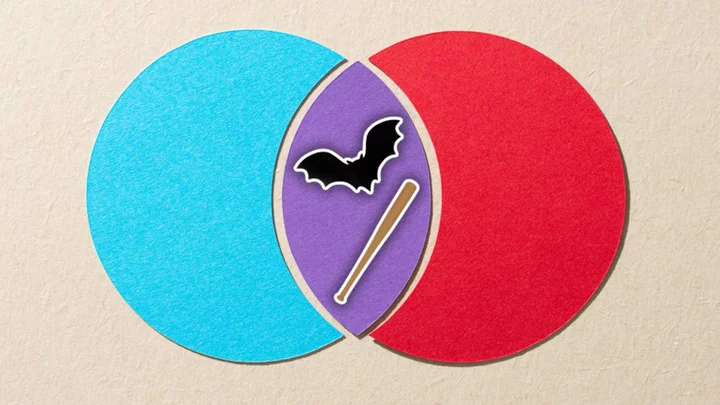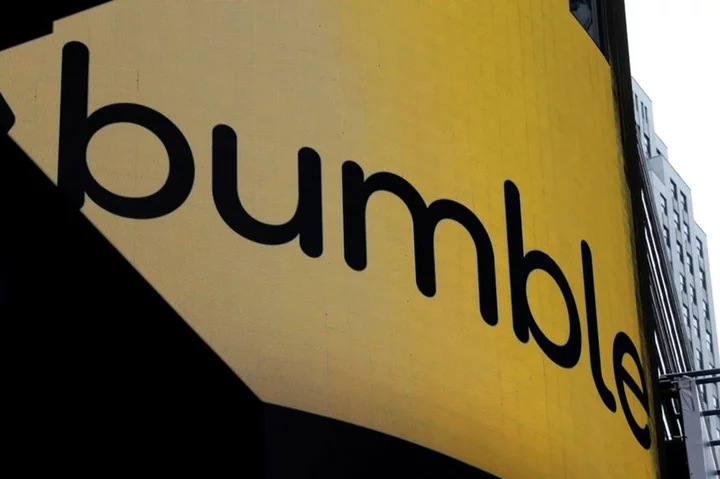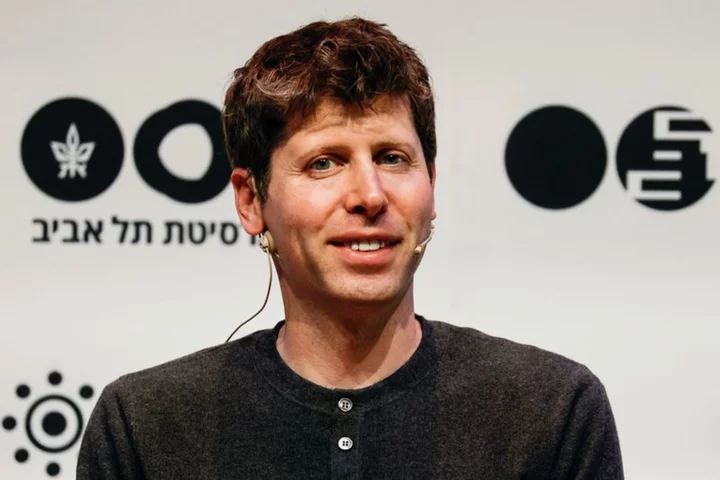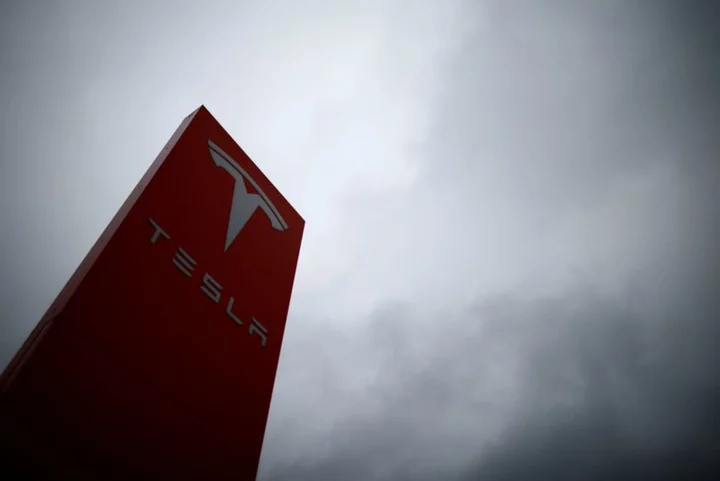NAIROBI (Reuters) -A Kenyan court has given Facebook's parent company Meta and content moderators suing it for unfair dismissal 21 days to resolve their dispute out of court, a court order showed on Wednesday.
The 184 content moderators are suing Meta and two subcontractors after they say they lost their jobs with one of the firms, Sama, for organising a union.
The plaintiffs say they were then blacklisted from applying for the same roles at the second firm, Luxembourg-based Majorel, after Facebook switched contractors.
"The parties shall pursue an out of court settlement of this petition through mediation," said the order by the Employment and Labour Relations Court, which was signed by lawyers for the plaintiffs, Meta, Sama and Majorel.
Kenya's former chief justice, Willy Mutunga, and Hellen Apiyo, the acting commissioner for labour, will serve as mediators, the order said. If the parties fail to resolve the case within 21 days, the case will proceed before the court, it said.
"We are pleased to be moving into a mediation phase as we believe it is in the best interest of all parties to come to an amicable resolution," Sama said in a statement.
A Majorel spokesperson said the company could not comment on matters involving pending or active litigation.
Meta did not immediately respond to requests for comment.
A judge ruled in April that Meta could be sued by the moderators in Kenya, even though it has no official presence in the east African country.
The case could have implications for how Meta works with content moderators globally. The U.S. social media giant works with thousands of moderators around the world, who review graphic content posted on its platform.
Meta has also been sued in Kenya by a former moderator over accusations of poor working conditions at Sama, and by two Ethiopian researchers and a rights institute, which accuse it of letting violent and hateful posts from Ethiopia flourish on Facebook. Those cases are ongoing.
Meta said in May 2022, in response to the first case, that it required partners to provide industry-leading conditions. On the Ethiopia case, it said in December that hate speech and incitement to violence were against the rules of Facebook and Instagram.
(Reporting by George Obulutsa; Writing by Hereward Holland; Editing by Mark Potter and David Evans)









